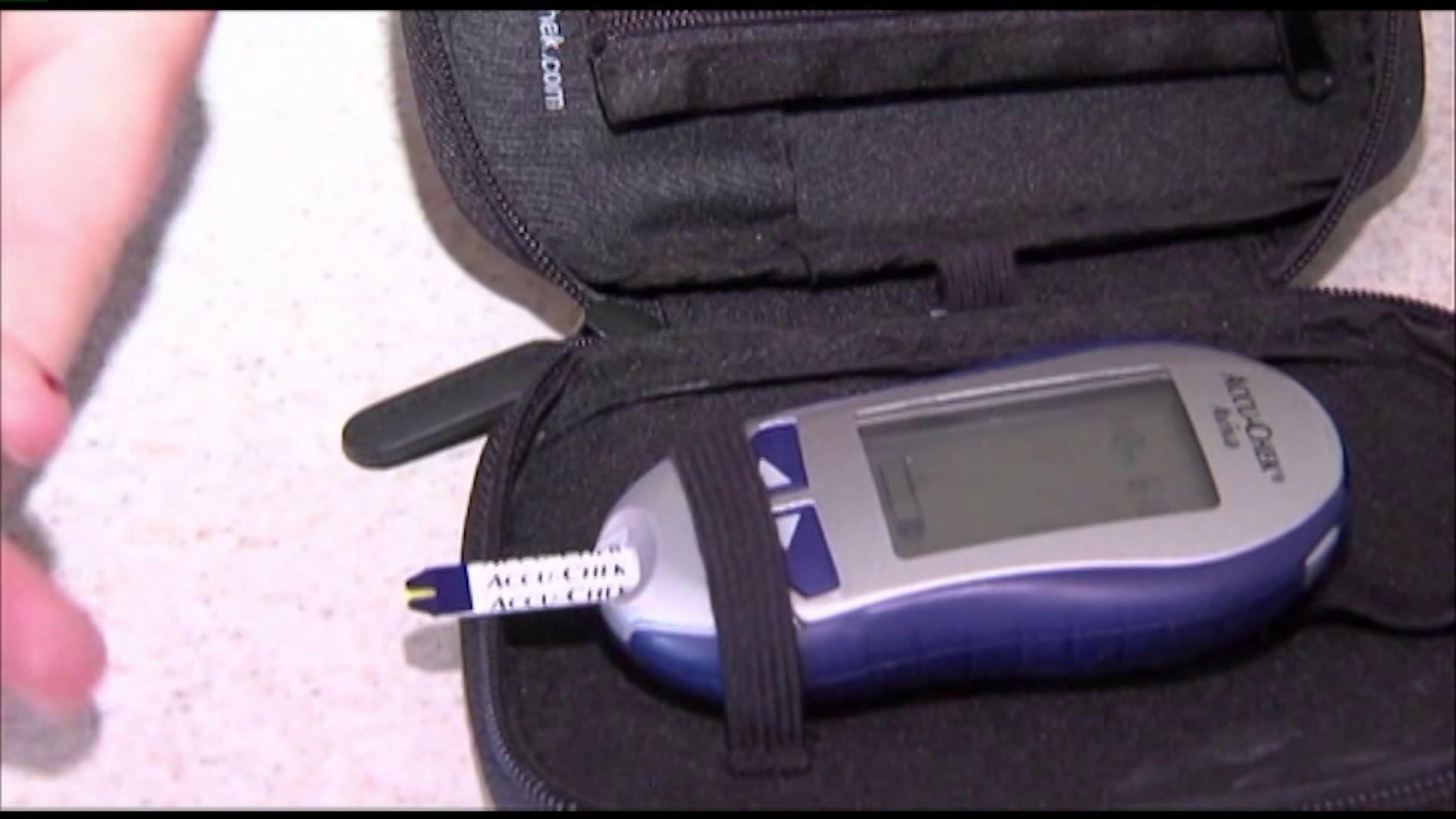HARTFORD -- November is National Diabetes Awareness Month, and for much of America, awareness is still sorely needed.
The only thing more alarming than the number of Americans who suffer from diabetes, is the number of Americans who have diabetes and don't know it yet.
“30 million Americans with diabetes and a quarter of them don’t know they have diabetes? That’s substantial,” said Leila Bruno, the coordinator of St. Francis's Diabetic Education Program.
By those numbers, about 7.5 million Americans have diabetes - a serious medical condition - and aren't even aware of it. Bruno also said those numbers may get much worse.
“They’re saying right now that’s 1 in 11 that are diagnosed with diabetes today. In 20, that might be 1 in 3,” she said.
Bruno said that's because another 86 million Americans have pre-diabetes.
“Pre-diabetes is a condition where the blood sugars begin to rise above normal, but they’re not high enough yet to qualify as diabetes," she said. Pre-diabetes also has no symptoms.
As for the good news, Bruno said 90 to 95 percent of all diabetes cases are type 2 diabetes, which can be quite effectively managed, in large part, by managing one's weight.
“People who are able to lose [a] significant amount of weight might be able to go into remission, and might not need as much - or any - medication to control their diabetes," she said, "but that’s a very individual answer.”
Type 2 diabetes is also largely preventable with proper diet and exercise.
“They found that seven percent weight loss could reduce the risk of developing type 2 diabetes by 58 percent,” said Bruno.
While pre-diabetes have no symptoms, you can still educate yourself on the risk factors. Many people are unaware that ethnicity can be one of them.
“Unfortunately, certain ethnicities disproportionately increase the risk, most specifically, African-American and Hispanics," said Bruno.
The American Diabetes Association has a quick, free test you can test to gauge your risk level. If you score as high-risk, Bruno said, the next step would be to go see your doctor for the appropriate blood-sugar test.

